Investments
How can you invest in Series I savings bonds?
Get information about the U.S. government's Series I Savings Bonds, including how to buy them and what makes these bonds valuable for retirement planning.
Advertisement
Learn how saving bonds work and how you can make a profit from them

Recently, Series I saving bonds, in particular, have become very popular amongst old and new investors.
Due to an unforeseen twist in the economy, U.S. Treasury government saving bonds have become one of the most profitable investments in the market.
In the past six months, Series I saving bonds have earned about 9.62% in interest – which is a record high for the segment.
Every six months, the interest rate on I bonds goes through a percentage change. As of now, the Treasury announced the current rate is 6.89%.
When compared to the last two periods of 2022, that is the lowest that Series I saving bonds have paid.

What is a cash management account?
Cash management accounts are an important part of any business' financial planning. Check out this article to learn everything you need to know about them!
However, it is still much higher than the interest offered by certificates of deposit or any high-yield savings account.
In this article, we’ll explain how series I saving bonds work, how much they pay and who can purchase them.
You’ll learn about the pros and the risks, and ultimately decide if they work for you as an investment for the future. Read on to see more!
What are Series I saving bonds?
Series I savings bonds are a type of government-issued bond that offers a guaranteed rate of return, as well as protection against inflation.
Series I bonds are considered to be a very safe investment, since they are backed by the full faith and credit of the United States government.
When you purchase a Series I bond, you are actually lending money to the government, which agrees to pay you back with interest.
The interest rate on Series I bonds is composed of two parts. One is a fixed rate, which remains constant for the life of the bond.
The other is an inflation-adjusted rate, which changes every six months in order to keep pace with the cost of living.
Series I bonds are available in denominations ranging from $25 to $10,000, and they earn interest for up to 30 years.
Series I bonds make an excellent long-term investment for anyone who is looking for a safe and reliable way to grow their money.
You will be redirected to another website
By submitting this form, I agree that I am 18+ years old and I agree to the Privacy Policy and Terms and Conditions. I also provide my signature giving express consent to receive marketing communications via automated emails, SMS or MMS text messages and other forms of communication regarding financial products such as credit card and loans. Message frequency varies and represents our good faith effort to reach you regarding your inquiry. Message and data rates may apply. Text HELP for help or text STOP to cancel. I understand that my consent to receive communications is not a condition of purchase and I may revoke my consent at any time.
How do they work?

Anyone can purchase I bonds, and in two different ways. You can purchase Series I saving bonds online, starting at $25.
You can also purchase paper bonds starting at $50 up to $1000. They’re sold in denominations of $50, $75, $100, $200, $500 and $1000.
The U.S. Treasury allows people to purchase up to $10,000 in I bonds online each year. You can also buy an additional up to $5,000 in paper bonds.
However, that is only possible if you use money from your tax refunds.
The interest earned on Series I bonds is not subject to federal income tax, but it is subject to taxation when the bonds are redeemed.
You can cash paper bonds after 12 months, and electronically Series I saving bonds after a 18-month period. I bonds have a maturity of 30 years, and interest is paid semiannually.
You’re unable to sell your Series I saving bonds before they reach maturity. If you cash them in before 5 years, you’ll have to forfeit 3 months’ worth of interest.
Series I savings bonds are a safe investment for people who want to save for retirement or other long-term goals.
Why should you consider buying Series I saving bonds?
Series I savings bonds are a type of government bond that offers a guaranteed rate of return, as well as the potential for earning interest based on changes in the Consumer Price Index (CPI).
I bonds are ideal for investors who are looking for a safe investment with the potential for modest returns.
Unlike other government bonds, Series I bonds are not subject to state and local taxes, making them an attractive option for taxpayers in high-tax states.
Additionally, Series I bonds are exempt from federal estate and gift taxes, making them an excellent way to transfer wealth to future generations.
Finally, you’ll earn much more interest on Series I saving bonds than with a savings account or certificates of deposit.
Plus, bonds are not as volatile as investing in stocks or cryptocurrencies. And they are backed by the U.S. government.
Are there risks to buying Series I saving bonds?
Series I savings bonds are low-risk and offer a fixed rate of return, making them a popular choice for conservative investors. However, there are a few risks to consider before investing in them.
For one, the rate of return is often lower than other types of investments, such as stocks or mutual funds.
I bonds are subject to inflation, so if there’s a long deflation period and prices end up decreasing, your earnings could drop as low as zero – but never below that number.
Another risk of investing in Series I saving bonds is that your funds are not available for easy access for at least 12 months.
That means you can’t cash them in case you need the money for an emergency or unexpected expenses. The U.S. Treasury does not allow exemptions of any kind.
Plus, if you want to redeem your earned interest before they hit the 5 year mark, you’ll lose about 3 months of interest.
Who’s allowed to buy Series I saving bonds?

To be able to purchase I bonds, you must be an U.S. citizen (regardless of where you currently live), a U.S. resident or a civilian employee of the American government.
You also need a valid Social Security Number.
In order to buy Series I saving bonds electronically, there are a couple of rules. You have to be over the age of 18 and create an online account with TreasuryDirect.
You can purchase I bonds for anyone you’d like. The limit is $10,000 per year on electronic bonds.
However, the amount is per holder, and not the person who purchases it. That means you can buy Series I bonds for your entire family if you choose to, up to four people.
Small businesses, estates, corporations and LLCs can purchase I bonds as well. But the limit is still $10,000, same as individuals.
Bonds as an Investment
If you’d like to get an even better understanding of bonds as an investment, we can help. Below, you’ll find an article explaining in detail the importance of that segment, and why you should partake in it.
So are you looking to diversify your portfolio? Or maybe you want a safe way to invest your money. Either way, check the following link to learn more about bonds as a whole.

Bonds as an Investment
Investing in bonds is a necessary part of any investor's portfolio. In this article we are going to tell you what you need to know about the subject.
About the author / Aline Barbosa
Trending Topics
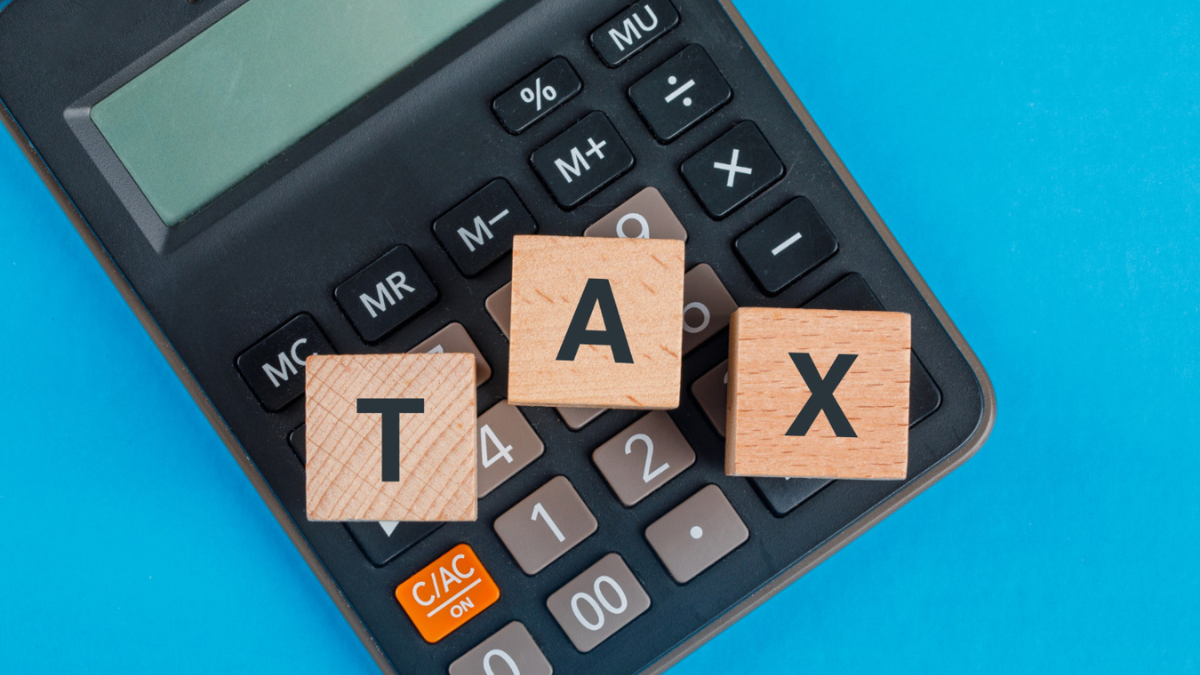
What Is A Dividend Tax Rate?
Wondering what dividend tax rate is? If you are investing in dividend stocks or considering it, you should have a look at this article.
Keep Reading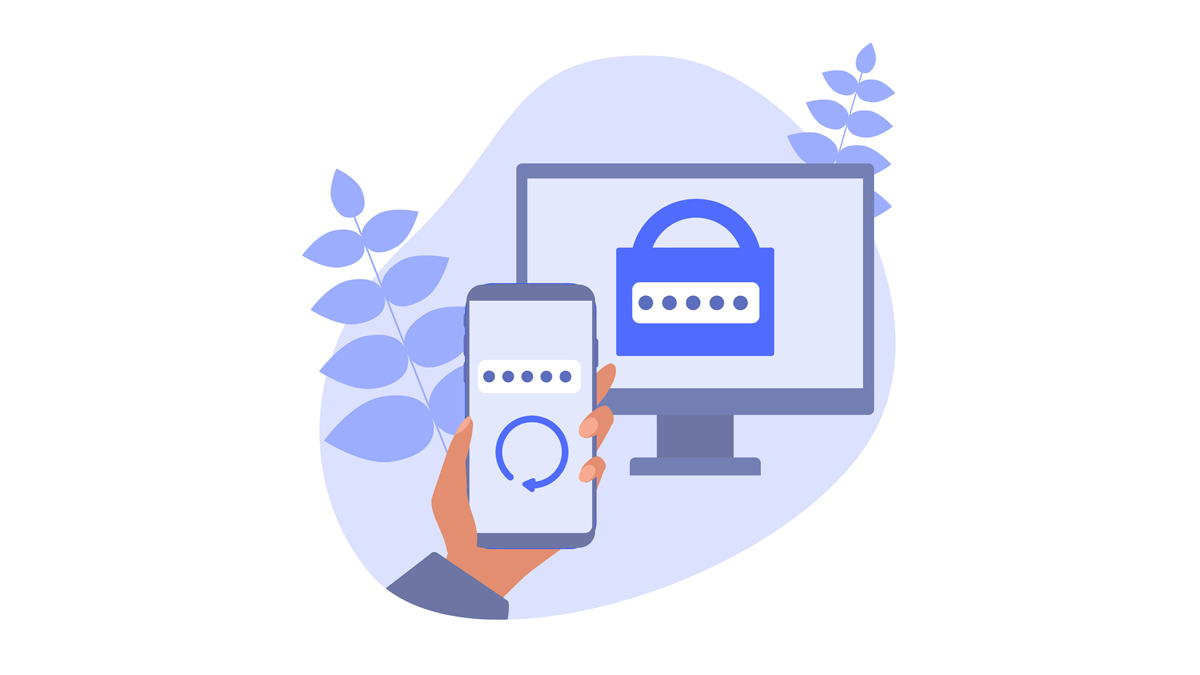
The difference between security token and utility token
Learn the key difference between security token and utility token, what they are used for, and which one is best suited to you.
Keep Reading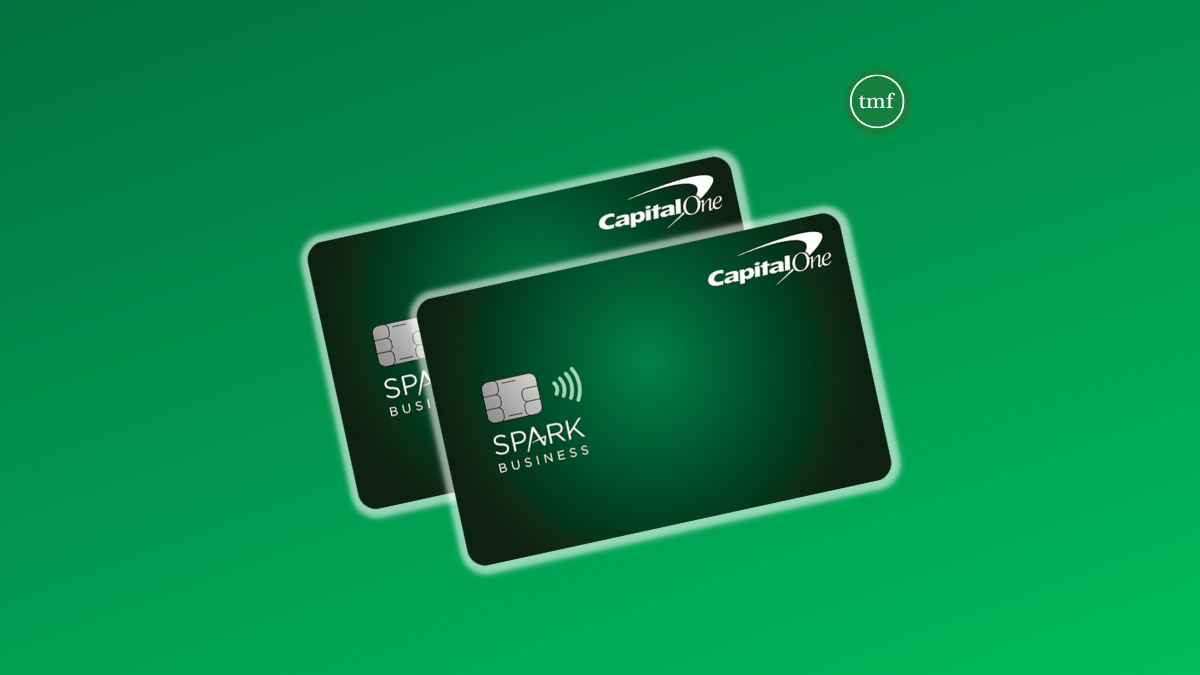
Spark Cash Plus Credit Card review
Check out this Spark Cash Plus review to learn why this credit card from Capital One might be the best ally you can get for your business!
Keep ReadingYou may also like
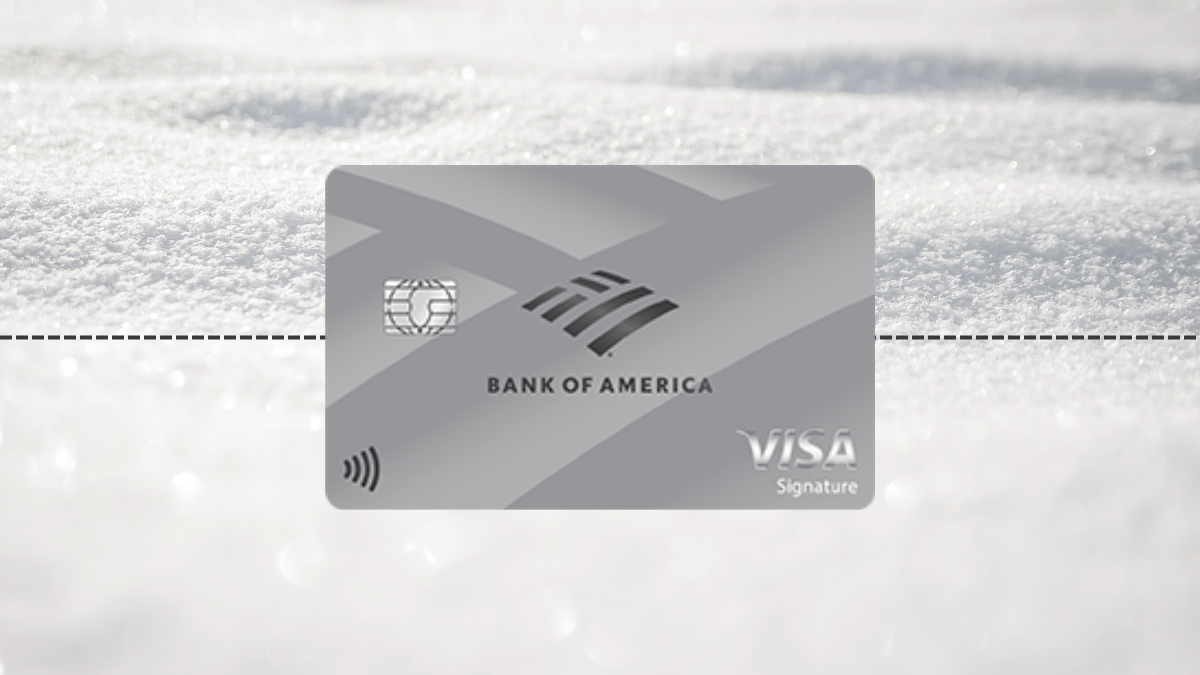
Bank of America® Unlimited Cash Rewards review
Read our Bank of America® Unlimited Cash Rewards review to learn if the features and benefits of this card are what you’re looking for.
Keep Reading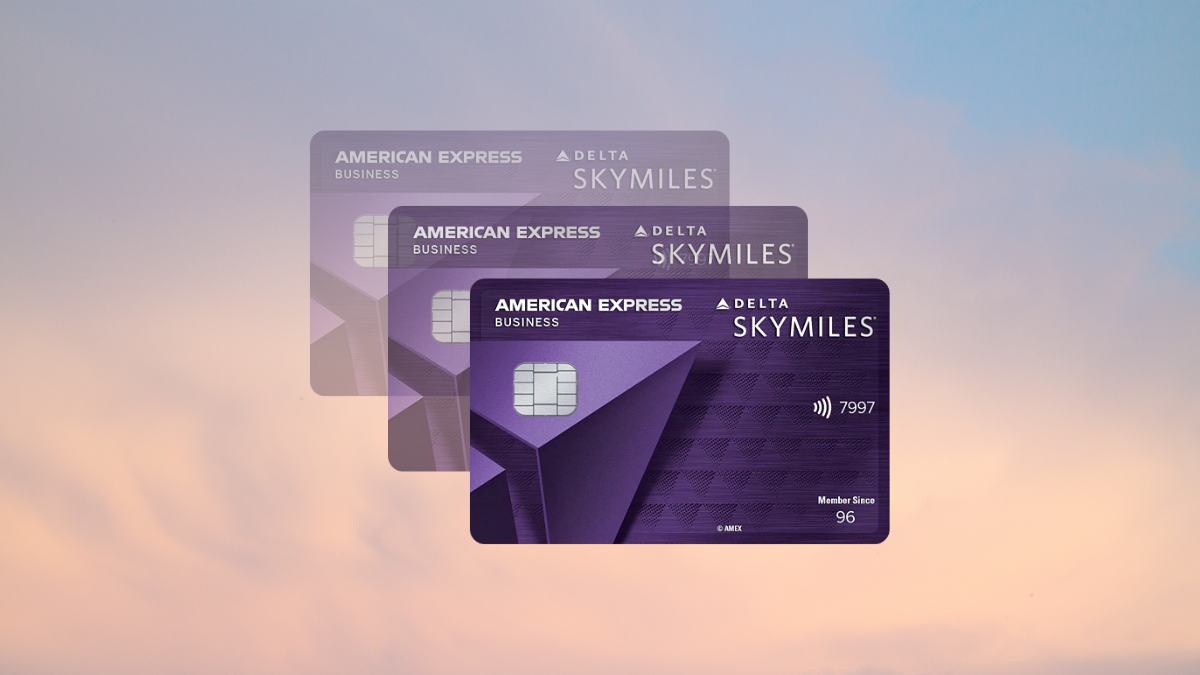
How to get your Delta SkyMiles Reserve Business credit card: online application
Learn about the Delta SkyMiles Reserve Business credit card application process and start earning 3 miles per dollar.
Keep Reading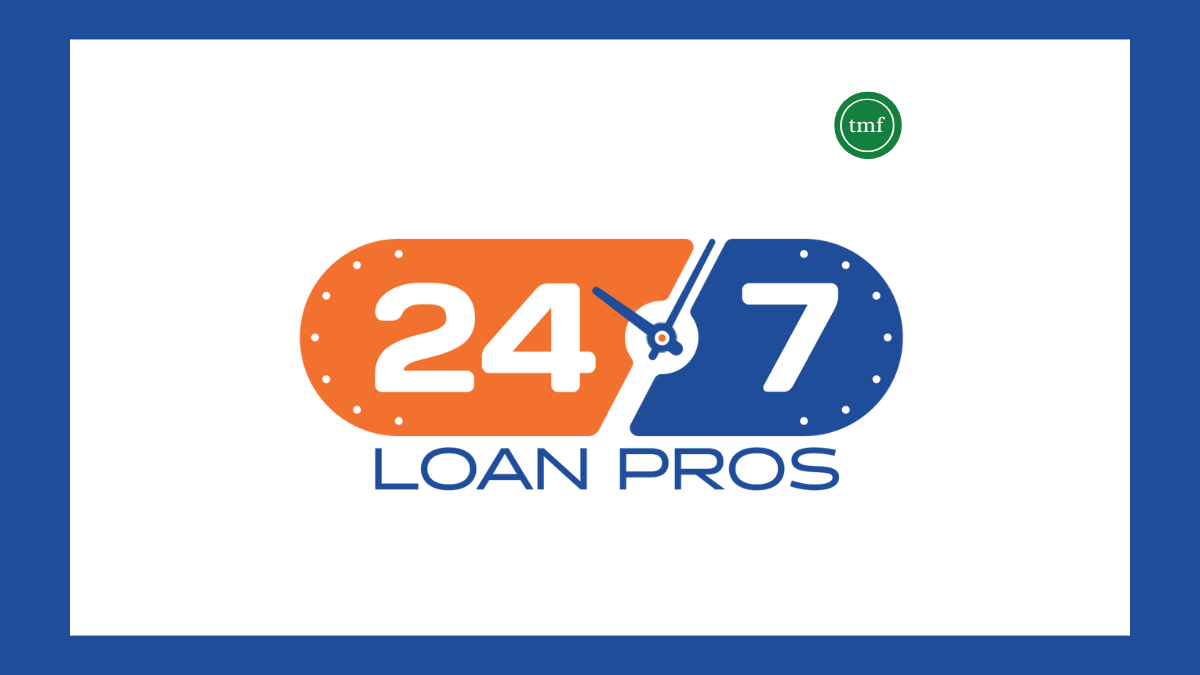
247LoanPros review
Read our comprehensive 247LoanPros review to learn if their services, features and benefits are the best for your loan situation.
Keep Reading